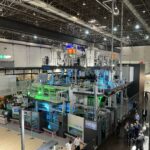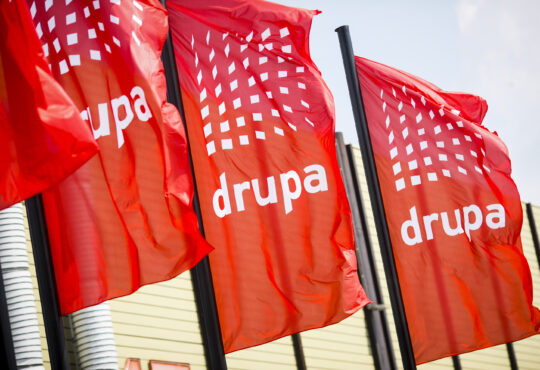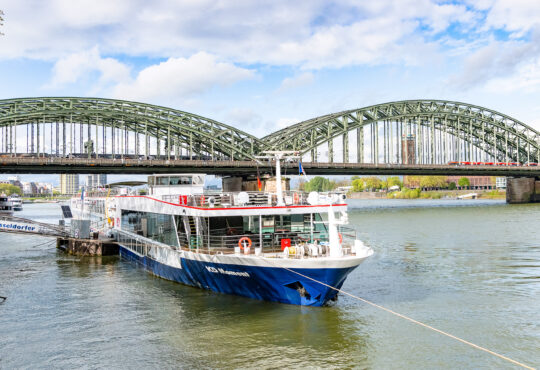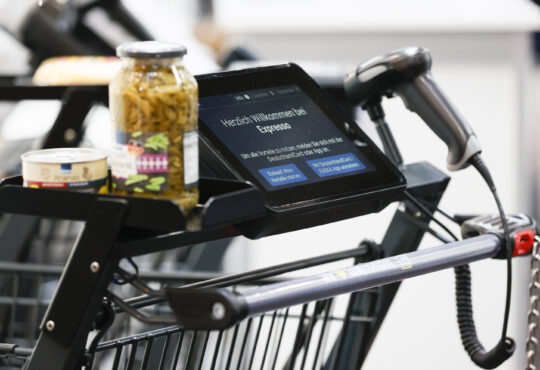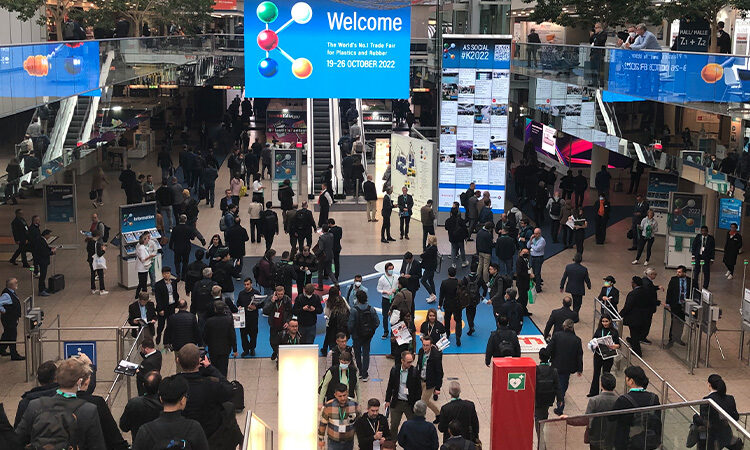
The success story of plastics continues unabated. They are indispensable to nearly all areas of the world we live in today – be it in the household, in our cars or in medicine. Far too good and too valuable to simply end up in the rubbish after use. So it is high time to show how the increasing demand can be met in the face of finite fossil raw materials.
As the world’s No. 1 trade fair for the plastics industry, K is a mirror of its sector, presents innovative solutions, thereby proving that the material is future-proof and sustainable in view of increasing recycling rates. What exactly visitors can look forward to, we reveal together with Thomas Franken, Director of K.
“Over the last two decades, the plastics industry has recognised that it must take action and is now assuming responsibility by consciously driving sustainable development,” Franken knows. Moreover, plastics continue to be an innovative, indispensable and forward-looking material that makes an important contribution to the conservation of resources and thus to climate protection. This is achieved, among other things, through increasingly low-emission and energy-saving production processes and technologies, through weight savings in packaging, as well as through longer shelf life of food through plastic packaging.”
Circular Economy, Climate Protection and Digitalisation are the Hot Topics of K
At K 2022, which celebrates its 70th anniversary this year, there a special focus on the topic Climate Protection, to name but one. Director Thomas Franken sees the trade fair as an ideal platform “to network intensively worldwide, to jointly drive forward projects and to actively chart the course for the future, especially with regard to the implementation of functioning circular economies and climate protection.”
The Circular Economy Forum, dedicated to this key topic and celebrating its premiere at K 2019, attracts visitor this year with extended ranges. Located on the outdoor premises in front of Hall 16 it encompasses several pavilions in which amongst others the VDMA and its member companies demonstrate the highly important role that technology and especially Digitalisation play for implementing the circular economy in the plastics industry. Thomas Franken knows exactly what visitors can expect: “With the machines running, visitors can see how high-quality re-granulate is produced from plastic waste or how recyclates are turned into attractive, highly functional and recyclable products in various processing methods.”
Also in focus at the trade fair again is the Special Show Plastics Shape the Future organised in cooperation with PlasticsEurope Deutschland. There industry experts will appear in panel discussions and lectures on various themed days to present how plastics can shape a sustainable future. Here policy-makers will be represented as well as NGOs.
Other trade fair highlights at K 2022
Rubberstreet looks back on a long tradition at K. It was established in 1983 for the first time and has been the hotspot for rubber and thermoplastics (TPE) since then. This hotspot is to increase the visibility of rubber and elastomers and to highlight their innovative performance.
Direct dialogue between research and business is enabled by the Science Campus in Hall 7. Here, universities, colleges and institutes present the latest results of their research work and seek discourse with interested visitors. The plastics training initiative “kai” is now represented at the K for the fifth time and once again offers an extensive supporting programme on the topics of training, careers and prospects for young talent.
Digitalisation plays a key role in the circular economy since it makes for transparency and resource efficiency and this is why it also features among the hot topics at K 2022. Thomas Franken mentions the R-Cycle Initiative by way of example: “Take, for instance, the issue of digital product passports on plastic packaging. If you look at today’s waste streams, recyclable packaging cannot be sorted exactly for high-quality recycling. The R-Cycle initiative has therefore developed a digital product passport that contains all recycling-relevant information and can be accessed at the end of the life cycle by marking the packaging (e.g. with digital watermarks or QR codes). In this way, waste sorting plants can identify fully recyclable packaging and form recycling-friendly and clean-grade fractions. This is the basis for obtaining high-quality recyclates to build a functioning circular economy. As a cross-industry standard, R-Cycle connects all value-added partners along the cycle – from the packaging manufacturer to the processor to the recycling industry. A great initiative. 26 well-known companies and associations in the plastics industry are already represented in the R-Cycle consortium. To ensure that even more companies join this initiative and that it gains global attention, R-Cycle will be represented at K 2022 with its own pavilion in the Circular Economy Forum.”
In addition, new technologies such as Artificial Intelligence (AI), Augmented Reality (AR) or Apps of particular relevance to the plastics industry will be presented specifically at K 2022.
Anyone now wishing to find out more about these hot topics in the plastics industry can still secure a ticket here. See you at K2022.





